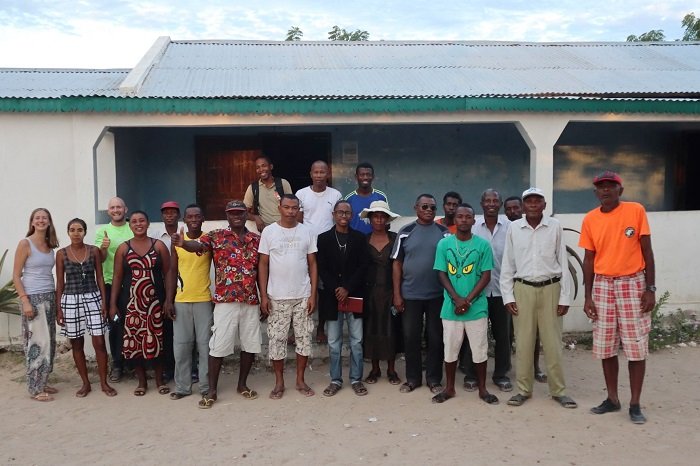We are implementing the first official waste management programme in the village of Ifaty
In 2019, we developed the first official waste management programme for the community of Ifaty. Marine litter is becoming a huge environmental problem in Madagascar with the growing use of plastic. In the community of Ifaty, the main source of marine litter is improper disposal of domestic garbage. In order to prevent waste from littering the environment it needs to be contained. The primary problem in Ifaty is that, due to lack of knowledge, plastic and other non-organic materials are disposed of in the same way as organic material. The disposal of garbage is generally through the means of burning, burying in a pit, or throwing it in the ocean, leading to serious concerns for the environment and public health.
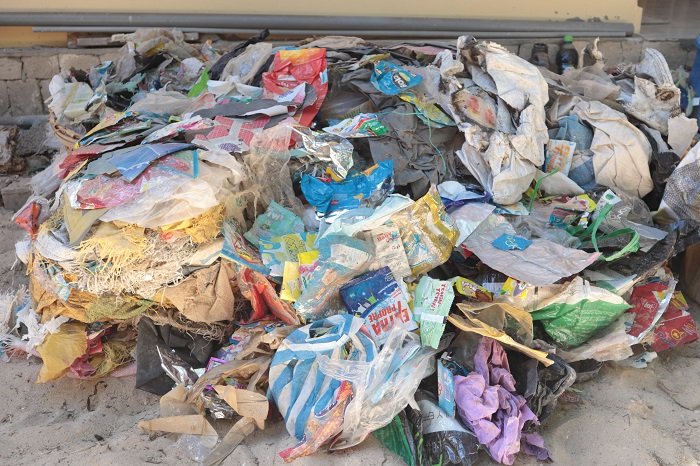
One of the activities regularly conducted by our team in Ifaty is beach clean-ups. This was the motivation behind starting the waste management programme. During the clean-ups it became clear that this was not enough to tackle the problem and that a broader approach to tackle the source of the issue is necessary to make impact. One of the goals of this programme is to support the community to take action and responsibility to keep their living environment clean and decrease the risk of disease. By decreasing the amount of litter present in the village and on the beach of Ifaty we also aim to decrease the amount of litter entering the ocean.
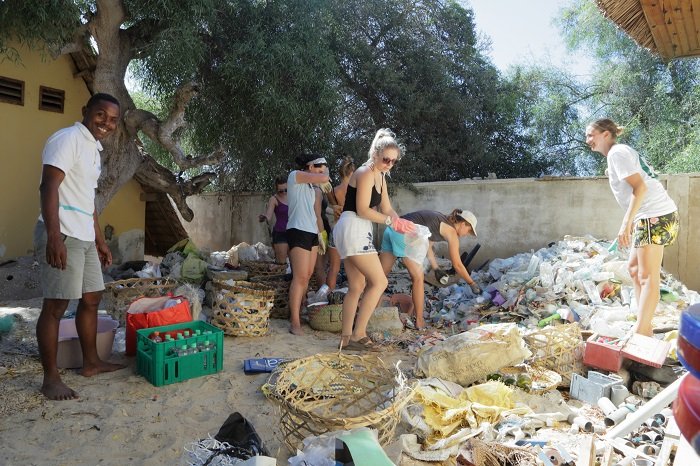
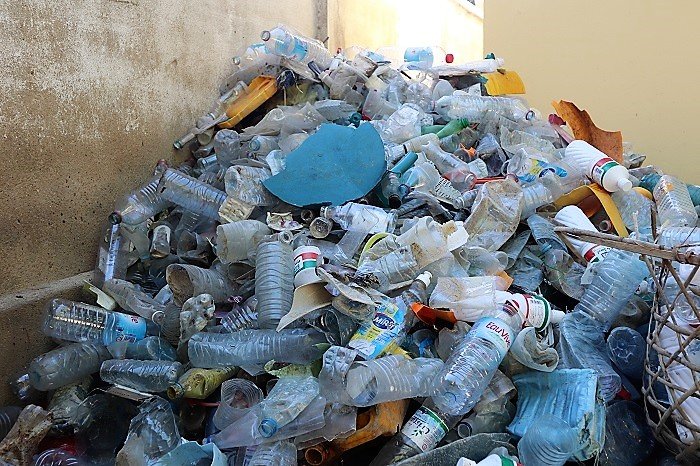
With the support from individual donors and a grant from the Australian Embassy based in Mauritius we are able to provide the community with communal garbage bins and containers, and to start a recycling centre. A collection scheme will be put in place to empty the bins and containers, and bring the garbage to our sorting and storage location.
The collected and sorted garbage will be re-used or recycled as much as possible. Plastic, for example, will be transported to our recycling centre in Toliara where the plastic will be melted and moulded into new shapes. This will produce materials that can go back into the community to be reused or sold, creating revenue which can be used to support community improvements. We will work together with local associations to make sure the community is involved in activities like village and beach clean-ups, as well as emptying garbage bins and sorting the garbage.
An important outcome of the project is to create sustainable livelihoods. The programme aims to contribute to healthy marine ecosystems in the Bay of Ranobe and ensure that the community can continue to rely on fisheries and other marine ecosystem services in the future. Additionally, this project will offer the opportunity to expand the skills within the community, creating alternative livelihoods and income through the waste collection and recycling scheme.
